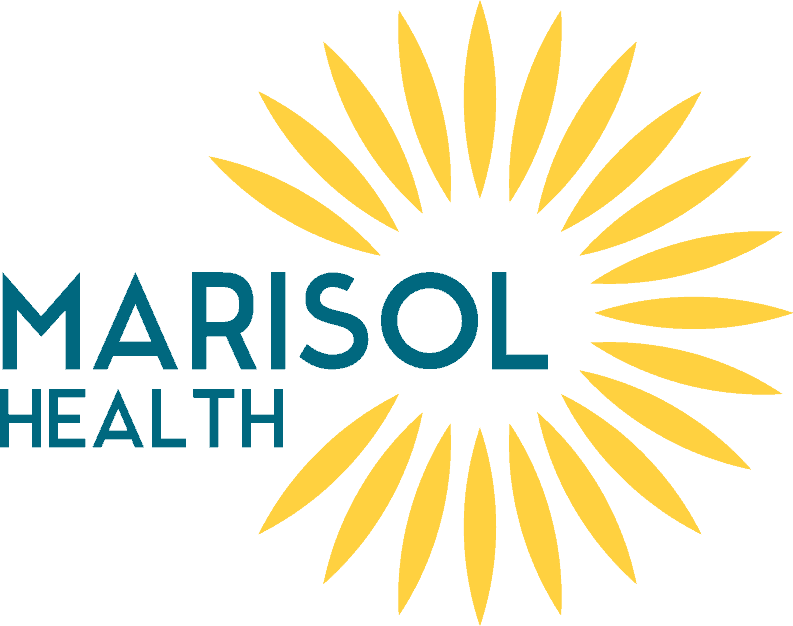Six things to know about fertility awareness!

Six things to know about fertility awareness!
Suppose you find yourself wondering what you need to do or what you may be doing wrong when it comes to pregnancy. Or, maybe you are on the other side of the equation and you keep getting pregnant and are not entirely sure how it keeps happening. We want to help alleviate some of your frustration with knowledge. As the English Philosopher and Statesman Sir Francis Bacon stated:
“Knowledge is power.”
We want to empower you by helping you know what to do and what not to do when looking to become pregnant. If you or your friend are looking for fertility help, here are six things you should know.
- It’s all about timing!
Whether or not you know this, it’s imperative to say. There is a reason women have a “cycle.” There are certain aspects to a woman’s cycle, including menstruation, also known as a period, and ovulation.
Ovulation occurs when an egg matures in one of a woman’s ovaries. It then makes its grand entrance into the fallopian tube, waiting for roughly 24 hours. During that 24 hour timeframe, it will need to be fertilized by a sperm. If and when that egg gets fertilized, it will move onto the uterus and implant on the uterus lining.
If the egg doesn’t get fertilized, it will still make its way into the uterus; however, it will disintegrate. If the egg gets fertilized and doesn’t attach to the uterine wall, your body will pass the egg. Although the egg is only in the fallopian tube for 24 hours, your window to get pregnant is closer to six days, as sperm can survive up to five days once introduced into the female body. If you miss this small window of opportunity, you’ll have to wait approximately one month until the woman has another egg ready in her fallopian tube.
2. Infertility isn’t linked to irregular menstruation.

A woman with a regular cycle can expect to be ovulating on day 14 of her 28-day cycle. However, women commonly associate an irregular cycle with infertility because they don’t know when their ovulation period occurs. Just because a woman has a regular cycle, doesn’t mean she ovulates regularly. So, regardless of whether your cycle is regular or not, if you’re struggling to get pregnant, we are open to discussing any concerns you might have.
3. Your lifestyle choices can have an effect on your fertility.
There’s a lot about fertility that is simply outside of our control; however, here are a few things you can do.
- Stop smoking. Smoking can age your ovaries, as well as diminish the number of available eggs.
- Maintain a healthy weight for your age and height. Calculate your BMI here.
- Exercise. Women who are trying to get pregnant should exercise about 30 minutes a day for five days each week. Although too much exercise could also impede pregnancy.
- Make quality nutrition diet choices, limit your alcohol intake, and consider limiting your caffeine consumption as well.
- Get tested and treated for STDs and STIs regularly.
- Keep in mind, infertility could be on your partner’s side.
According to the Mayo Clinic, nearly 1 in 7 couples is infertile. This means a couple hasn’t been able to conceive even though they’ve had frequent, unprotected sex for a year or longer. In up to half of these couples, male infertility plays at least a partial role.
- Age may or may not have anything to do with your fertility complications.
Unfortunately, age does sometimes play a role in infertility. For example, when a woman reaches her 30s, her fertility declines. To read more about this, you can look here.
- This can be a hard road to be on, but you don’t have to navigate this alone.
At Marisol Health, we offer Fertility Based Awareness and Education methods and coaching. Our classes are offered to help you navigate this journey while getting answers to some of your more pressing questions. Infertility can be a lonely road, but it doesn’t have to be.
Let Marisol Health assist you with coaching and support wherever you are on your journey. To learn more or make an appointment, please call us at 303-731-6130.
Remember, you deserve to be listened to and cared for in a way that’s confidential and empowering!
Compiled sources:
8 things to know about infertility [Internet] Center of Reproductive Health [Accessed February 14th, 2022] Available from: https://infertilitytexas.com/blog/8-things-to-know-about-fertility/
Male Infertility [Internet] Mayo Clinic [April 13th, 2021] Available from: https://www.mayoclinic.org/diseases-conditions/male-infertility/symptoms-causes/syc-20374773
Age and fertility: Getting pregnant in your 30s [Internet] Baby Center [Accessed February 20th 2021] Available from: https://www.babycenter.com/getting-pregnant/preparing-for-pregnancy/age-and-fertility-getting-pregnant-in-your-30s_1494695
